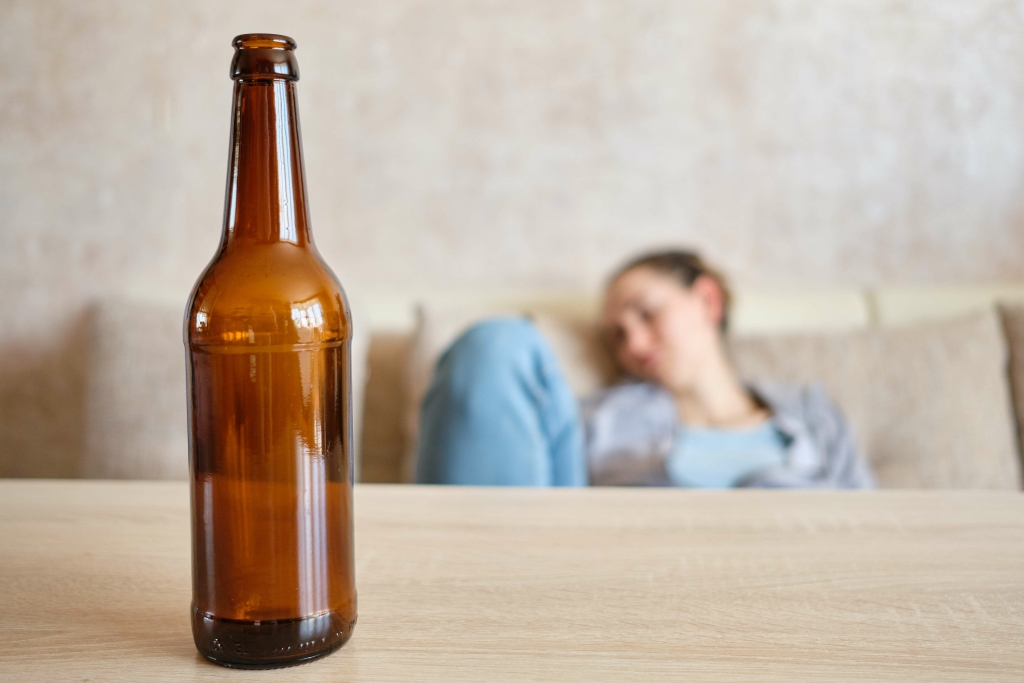If you want some pointers on how to cease this negative behavior, here are some things you should consider to prevent you from causing more harm. When something does go wrong, as it inevitably will, perfectionists come undone. People showing this behavior struggle with cognitive dissonance, or the mental discomfort you may have holding two conflicting ideas at the same time.
How are dissociative disorders diagnosed?
Denial was first described by the famed psychoanalyst Sigmund Freud, who described it as refusing to acknowledge upsetting facts about external events and internal ones, including memories, thoughts, and feelings. For some people, the dissociative disorder, especially dissociative identity disorder (DID), severely impacts their life. Once they rule out possible causes, they’ll likely refer you to a mental health specialist, such as a psychologist, to make a diagnosis through clinical interview and observations. Each alter has a particular set of behaviors, attitudes, preferences, memories and ways of thinking.
How Depression and Alcohol Abuse are Related
You can also experience stress during a period of life when things may feel less manageable. Identify which family member or friend the patient can count on for support.Having a particular person the patient can trust would encourage verbalizing feelings. Instruct the patient about the need for adequate rest and a balanced diet.An unhealthy diet and lack of sleep and rest can weaken the immune system and increase disease vulnerability. Learning new coping techniques on top of what the patient was used to may be needed to address the problem. Assess for specific stressors at work.Identifying the specific stressors at work will help develop the appropriate coping strategies. Evaluate the patient’s perception of the situation.The patient may not have a realistic understanding of the stress-inducing situation.
Take our quiz to see if you or a loved one needs substance use or mental health support.
The impact of stress on alcohol use and the risk of AUDs depends on the type, age, duration, and severity of the stress experienced 14. The consumption of alcohol is a habitual response Twelve-step program to stressful situations in people with AUD 15. Stress plays an important role at all levels of alcohol consumption, beginning with facilitation of initial use through early stages of transition to regular use and from regular to excessive use 16, 17, 18. In AUD, alcohol use also represents a habitual response to stressful situations 15.
- Moreover, the dual diagnosis of AUD and severe depression complicates treatment options.
- A higher family income can even ameliorate negative psychological experiences during childhood, which can have long-term negative consequences on the mental health of students once they enter university 57.
- For assistance with learning to manage stress, counselors and therapists can discuss coping strategies.
- Lifetime AUD was also directly predicted by alcohol use and substance use coping at age 23, but was not directly predicted by depressive symptoms at age 23.
- Mindfulness is about being in touch with and aware of the present moment.
Second, although we examined a large age range (17–30 years), diagnostic was not collected until ages 28–30, thus, baseline diagnostic data is not available. The emergence of symptoms during earlier periods of development may be relevant, too, and should be incorporated in future studies. These effect sizes were generally small to moderate in magnitude, which may be due in part to the 5–7 year gap in assessments from ages 23 to 28–30.
If you are feeling anxious, low or experiencing any other symptoms of mental health problems, or you think that you are drinking too much, you deserve support. You can speak to your GP, and get advice and help at You can also find further information and advice on our website. Misusing substances may seem to give you immediate comfort or a temporary escape. However, it can lead to more psychological or physical health concerns in the long run. You may be experiencing a concern like pain from an injury, posttraumatic stress disorder, anxiety or depression.
The Student’s t-test of related measures was also used to compare the potential change in the pattern of alcohol consumption which could be attributed to lockdown according to age. Likewise, the Student’s t-test of independent measures was incorporated to explore the effect of clinically relevant depressive symptoms on the dependent variables of interest. Assess for factors contributing to disturbed relationships with parents.Poor self-concept, grief, lack of problem-solving skills, absence of social support, recent change in life, and maturational or situational crises may lead to disturbed child-parent relationships. During the adolescence stage, teenagers typically tend to seek independence from their parents. Poor communication, changes in the family, sibling rivalry, discipline issues, or differences in opinions may cause child-parent disputes.

In the following section, we will cover subjective and objective data related to ineffective coping. Almost 60 per cent of adults are drinking alcohol in order to cope with the stresses of everyday life, a study has discovered. If you have maladaptive daydreaming, the best thing you can do is talk to your healthcare provider.
Treatment for alcohol addiction often starts with alcohol detox, followed by inpatient rehab then outpatient addiction treatment programs. If you believe you’re susceptible of experiencing alcohol addiction or depression, you may want to speak with a mental health professional, such as a social worker, counselor, or therapist, about these concerns and how best to prevent or cope with these disorders. Drinking persistently and excessively can increase your risk of developing a major depressive disorder.
However, there’s evidence that maladaptive daydreaming is different from these other conditions and should be declared a separate disorder. When someone’s depressed, anxious, or experiencing another mental health alcohol as a coping mechanism issue, it can be tempting for them to retreat into their shell. But social contact and support from friends and relatives is vital to their recovery.

